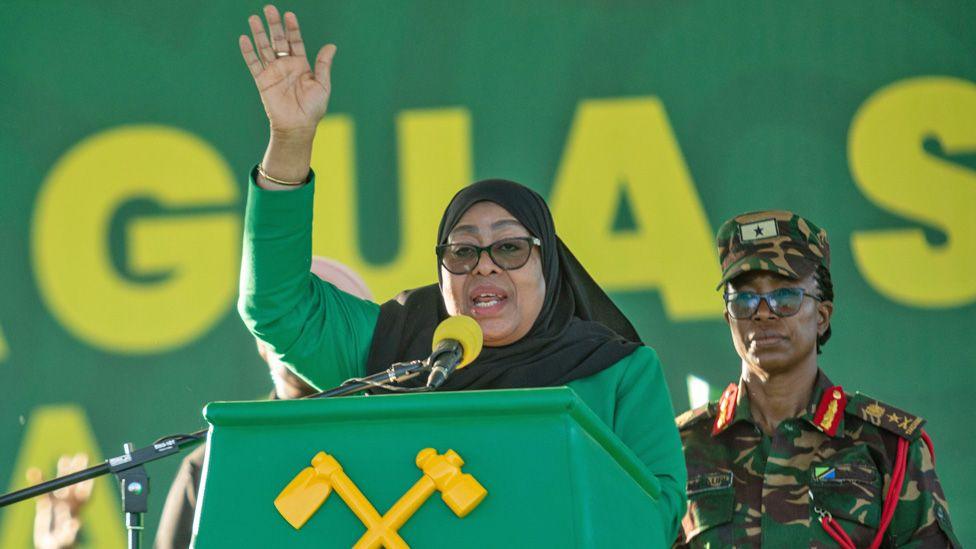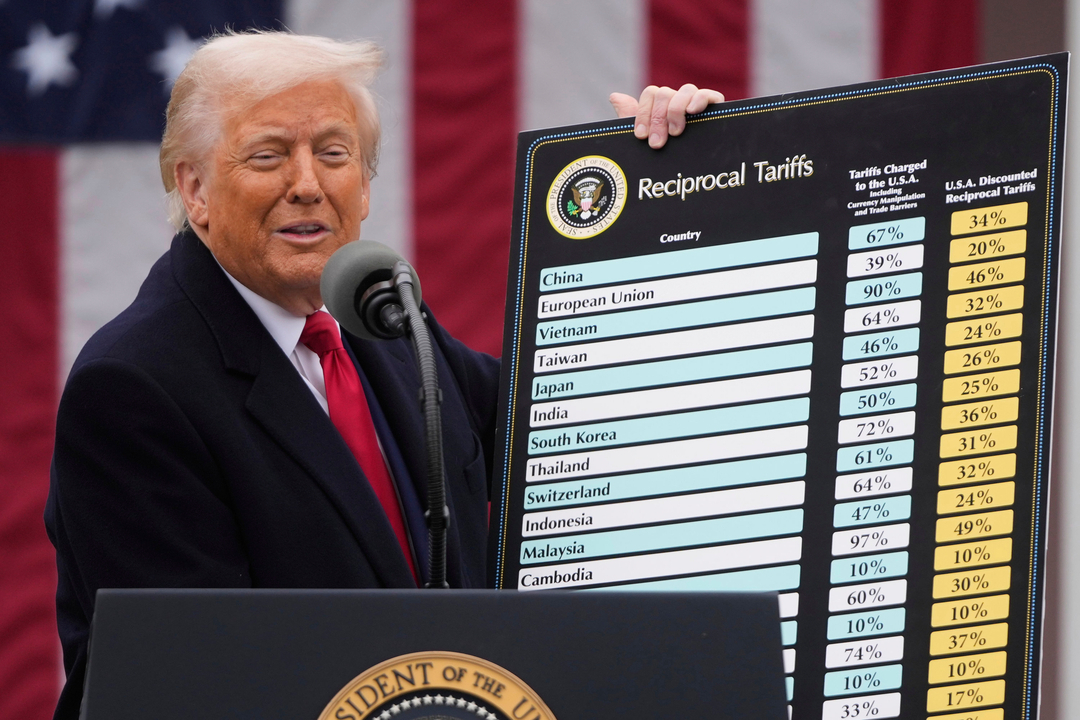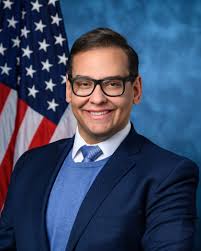Importance of the 2025 Tanzanian General Election
The 2025 general election in Tanzania is poised to play a critical role in shaping the country’s democratic landscape. Following the recent political transitions and governance shifts, the election presents an opportunity for citizens to voice their political preferences, and its outcome could influence not only domestic policies but also Tanzania’s stance in international relations.
Current Political Climate
In the wake of the sudden passing of former President John Magufuli in March 2021, the ruling party, Chama Cha Mapinduzi (CCM), has faced various challenges in maintaining its long-standing dominance. The new President, Samia Suluhu Hassan, has made substantial efforts to engage with opposition parties and address public concerns, including economic recovery post-COVID-19. If Hassan’s administration can effectively manage these issues leading up to the 2025 elections, she could secure her party’s position. However, political analysts suggest that the opposition is increasingly motivated to challenge CCM, eyeing representation and reforms that could reshape governance.
Preparation for the Elections
The National Electoral Commission (NEC) is currently in the process of preparing for the elections, which are scheduled to take place in October 2025. Voter registration is underway, and the NEC has reiterated its commitment to ensuring a fair and transparent process. However, recent reports indicate underlying tensions concerning media freedom and civil liberties, which have raised concerns among civil society organizations and international observers. These groups are advocating for an electoral environment that allows for fair competition and robust civic engagement.
Implications of the 2025 Elections
The implications of the 2025 general election in Tanzania are profound. The outcome will not only dictate the national leadership but will also echo in local governance structures, potentially impacting key sectors like education, healthcare, and economic development. Furthermore, it remains to be seen how Tanzania will position itself on the international stage post-election, particularly in terms of its relationships with neighboring countries and global powers.
Conclusion
In summary, the 2025 Tanzanian general election represents a crucial turning point for the nation’s democratic process and governance. As the election date approaches, it remains essential for all stakeholders to ensure an environment conducive to fair and transparent electoral practices. Voter engagement and civil participation will be pivotal in determining the political trajectories of Tanzania, paving the way for potential reforms and growth.


